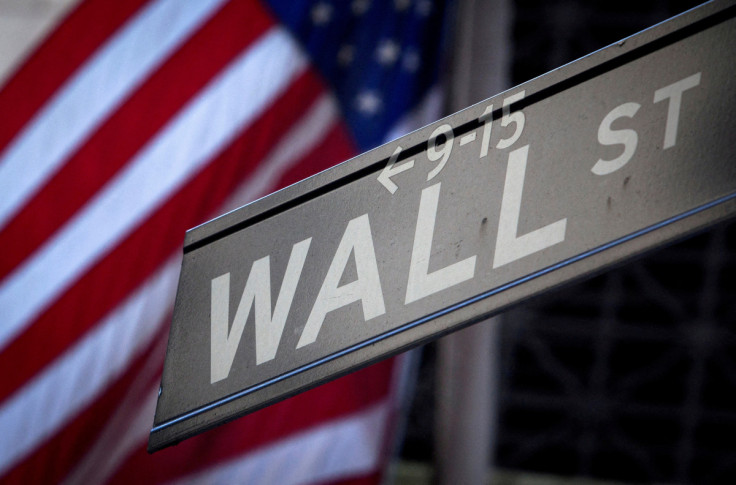Why Wall Street Cooled Off To Big Bank Earnings

Big U.S. banks had a great second quarter of 2023, but Wall Street doesn't seem impressed enough to commit new money to the sector.
Last Friday, Citigroup, JP Morgan and Wells Fargo reported better earnings than the previous quarter.
Thanks to rising interest rates and cost-cutting. They helped boost net interest income, the difference between the interest banks charge on loans and the interest they pay to acquire these funds from depositors.
"We reported solid results in the second quarter, with net income of $4.9 billion and revenue of $20.5 billion," said Wells Fargo CEO Charlie Scharf following the release of the results. "Our strong net interest income continued to benefit from higher interest rates, and we remained focused on controlling expenses."
"The banks benefited from the rise in interest rates," Anthony Denier, CEO of Webull, a commission-free trading platform, told International Business Times.
David Donovan, EVP of financial services at Publicis Sapient, agrees. "Citibank, JP Morgan and Wells Fargo showed stronger performances than the previous quarter, despite slower demand in investment banking and mergers and acquisitions," he told IBT. "JP Morgan and Wells Fargo benefited from higher net interest margin revenue due to elevated consumer and borrowing rates. JP Morgan got a nice boost from the First Republic acquisition, as that deal is accretive to the bottom line."
Denier is optimistic about the positive impact of rising interest rates on the sector. "Even with falling yields, net interest income will go higher, and stay strong, while net interest margins will compress," he said. "JP Morgan and Wells raised guidance for full-year net interest income on higher interest rates."
Another factor contributing to banks' top and bottom lines is a healthy economy boosting consumer loan demand. For instance, JP Morgan's loans rose at an annual rate of 19%, while debit and credit card sales grew at 7%. In addition, Citigroup saw double-digit growth in its credit card business.
"The U.S. economy continues to be resilient," said JP Morgan chairman and CEO Jamie Dimon. "Consumer balance sheets remain healthy, and consumers are spending, albeit a little more slowly. Labor markets have softened somewhat, but job growth remains strong."
Wall Street liked what it saw in the financial reports of the three banks sending their shares sharply higher at the opening of Friday's trading session. But the rally faded by the end of the session, with the shares of Citigroup and Wells Fargo ending in the red and JP Morgan shares closing near flat.
The cooling off Wall Street sentiment toward banking shares could be just profit-taking. But it could reflect several concerns among bank leaders over the headwinds the sector faces in the future.
"Consumers are slowly using up their cash buffers, core inflation has been stubbornly high (increasing the risk that interest rates go higher and stay higher for longer), quantitative tightening of this scale has never occurred, fiscal deficits are large and the war in Ukraine continues, which in addition to the huge humanitarian crisis for Ukrainians, has large potential effects on geopolitics and the global economy," said Dimon. "While we cannot predict how these factors will play out, we are currently managing the firm to reliably meet the needs of our customers and clients in all environments."
Scharf is concerned about commercial loan charge-offs increased driven by a small number of borrowers in commercial banking, primarily in the office portfolio.
The San Francisco-based bank saw a $949 million jump in funds for credit losses, primarily for commercial real estate office loans and credit card loan balances. "While we haven't seen significant losses in our office portfolio to date, we are reserving for the weakness that we expect to play out in that market over time," said Scharf.
Donovan expects investors and analysts to closely monitor critical factors such as consumer credit and loan demand, credit card defaults and provisions for credit loss during the earnings reports. "Higher borrowing rates could dampen these factors and potentially impact earnings," he said.
"Also, the new capital rules requiring higher reserves, a response to previous bank failures, will require banks to adapt for future operations," Donovan added. "Despite underperforming bank stocks to the S&P 500 and Nasdaq 100, the Q2 earnings will be closely scrutinized to assess whether the banks can reverse this trend and regain market momentum."
© Copyright IBTimes 2024. All rights reserved.






















